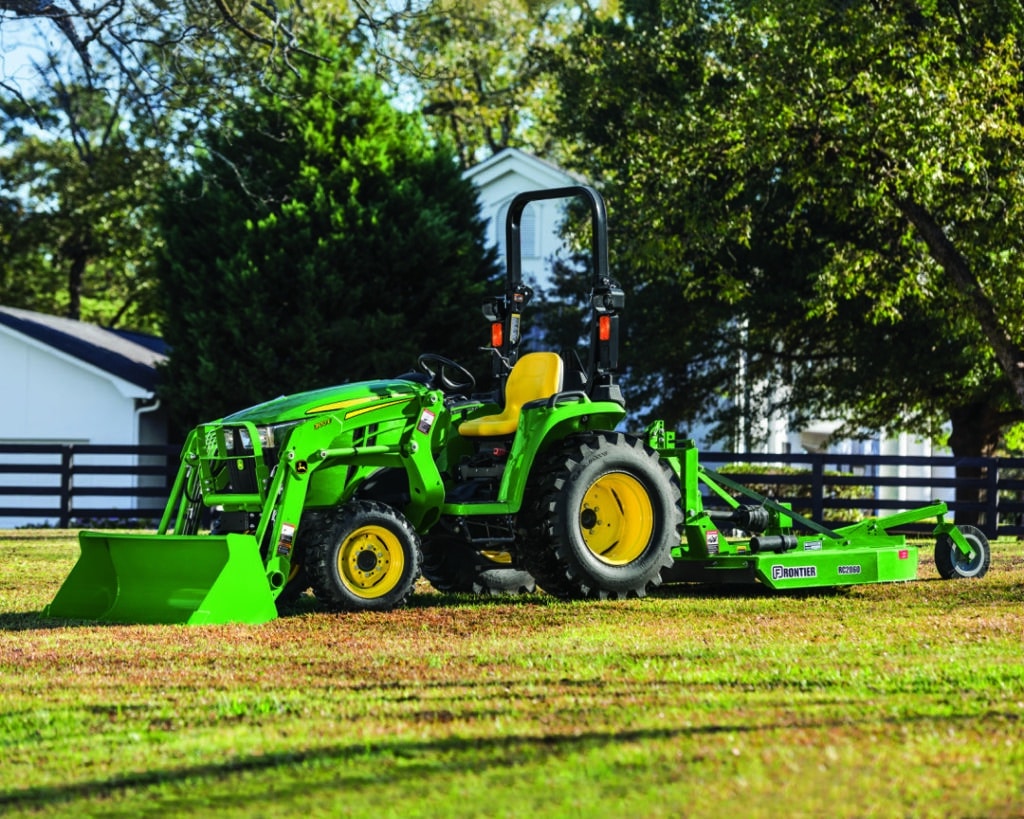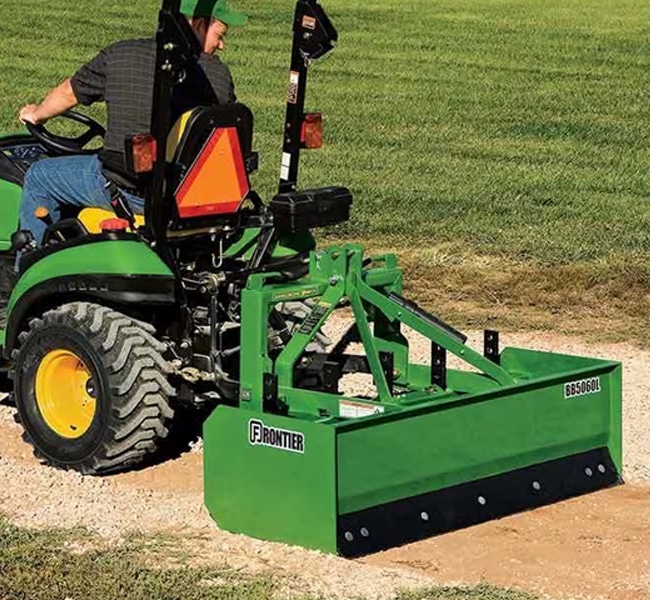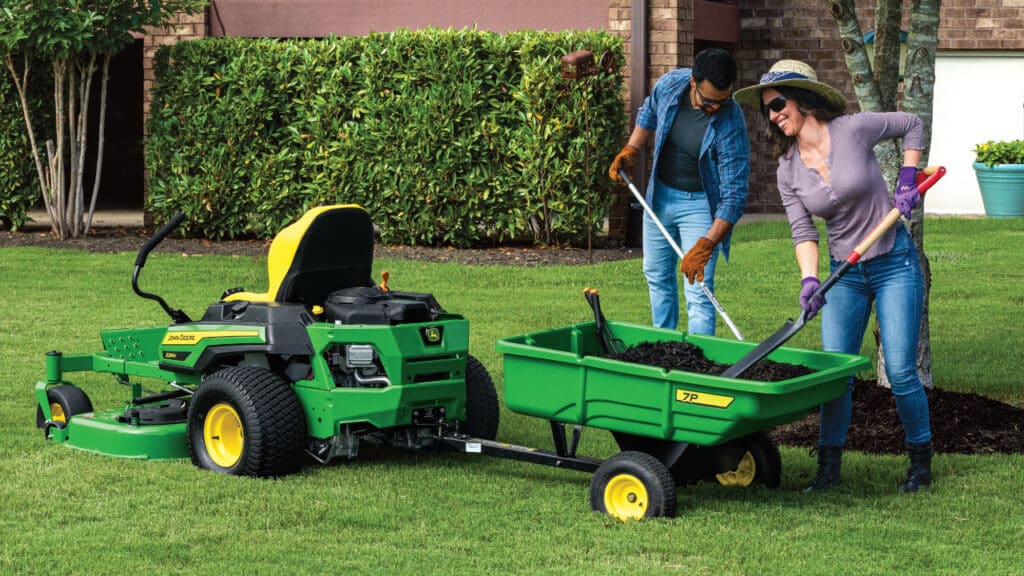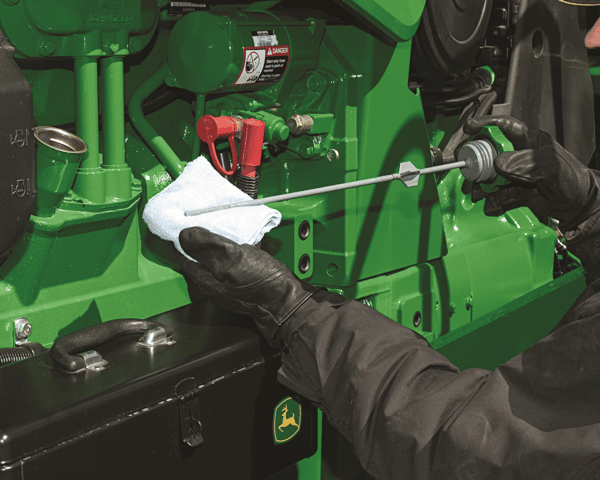
John Deere’s compact utility tractors are built to excel in a wide variety of brutal conditions — including the cold and snow of Minnesota winters. Still, a few simple steps can help you maximize wintertime performance.
Follow these tips to prepare your compact utility tractor for winter duties such as moving snow, feeding livestock and countless other chores:
Choose The Right Fuel
Winter’s cold can wreak havoc on diesel fuel intended for summer use. Chilly temperatures trigger the formation of waxy, solid crystals in a process known as gelling or clouding, which impedes fuel flow and clogs fuel filters.
Avoid such headaches by using winter-grade fuel (No. 1-D in North America) when temps tumble below 32 degrees Fahrenheit. This fuel has a lower cloud point than summer fuel (No. 2-D), as well as a lower pour point — the lowest temperature at which fuel moves. It’s generally recommended to switch from summer to winter fuel as the weather cools in late fall (then switch back to warm-weather fuel in spring).
If you’re running a biodiesel blend, keep in mind that wax formation can occur at warmer temperatures. When temperatures drop to 41 degrees Fahrenheit or colder, treat biodiesel fuels with John Deere Premium Biodiesel Fuel Conditioner (winter formula). Use B5 or lower blends at temperatures below 32 degrees and winter-grade petroleum diesel fuel at temperatures below 14 degrees.
It’s worth noting that condensation in the fuel tank is another cold-weather performance killer. To reduce condensation buildup, top off the tank after each use and consider a manufacturer-recommended fuel additive.
Winter Weight Oil
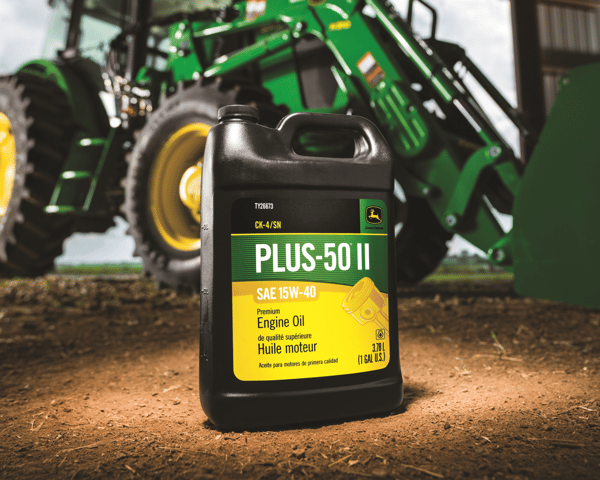
John Deere recommends choosing oil viscosity (or weight) based on the expected air-temperature range during the period between oil changes. For many tractor owners in Minnesota and other cold climates, a premium multi-grade oil like John Deere’s PLUS-50 II in 15W-40 is a great all-around choice, as the company recommends it for air temperatures from 122 Fahrenheit down to around zero.
If you keep your tractor shedded and have an engine coolant or block heater, this is a solid choice in most conditions. However, if you may require your machine to sit out in the cold with no block heater, thinner weight oil is a better option. For example, 5W-30 PLUS-50 II oil is rated from 104 to minus-22 degrees Fahrenheit.
Check That Battery
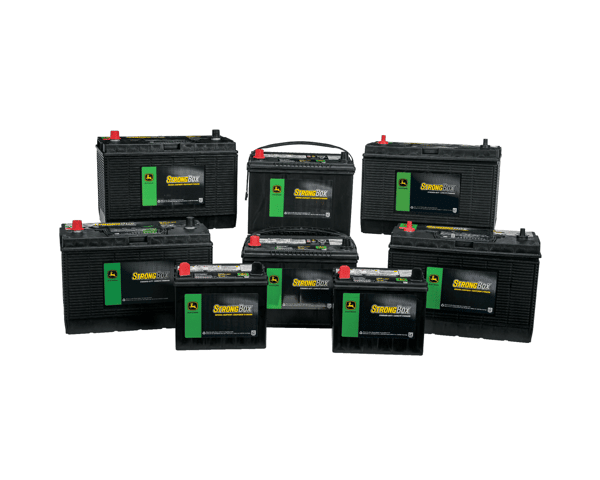
Cold temperatures make it harder for your tractor’s battery to start the engine. Ensure maximum cranking power will be available when you need it most by checking the battery on a load tester. If you don’t have access to one, stop by Minnesota Equipment and we’ll test your battery’s condition and capacity for holding a charge. It’s also smart to inspect and clean battery terminals and confirm the connections are tight.
Fuel Filter Maintenance
“It’s a good idea to replace fuel filters in the fall because moisture in a filter can freeze up when it gets cold, preventing fuel from passing through to the engine,” says Minnesota Equipment’s Mark Nordrum. “Even a slight bit of water in the pleats of a filter can freeze the paper element.” Also keep a spare fuel filter on hand, as it’s easier to replace a frozen filter than it is to thaw it out.
Tire TLC
Checking air pressure in your tractor’s tires is key to enjoying peak performance — while avoiding pitfalls such as having a tire slip off the bead due to low air pressure. “Check tire pressure going into winter and during the winter months and add air as needed to combat cold-weather seepage,” says Nordrum. “You don’t want to run the maximum pressure listed on the sidewall, though. Use just enough air pressure to produce a smooth ride and superior traction for the load and conditions.”
Use a Block Heater
Nordrum considers tractor engine block heaters a must-have in cold climates. “A heater attached to the cylinder block warms engine coolant to aid in cold-weather starting,” he explains. “Glow plugs are another option that can help diesel engines start in cold temperatures. These work by heating the air in the cylinder before cranking and fuel injection commence.”
Assess Your Antifreeze
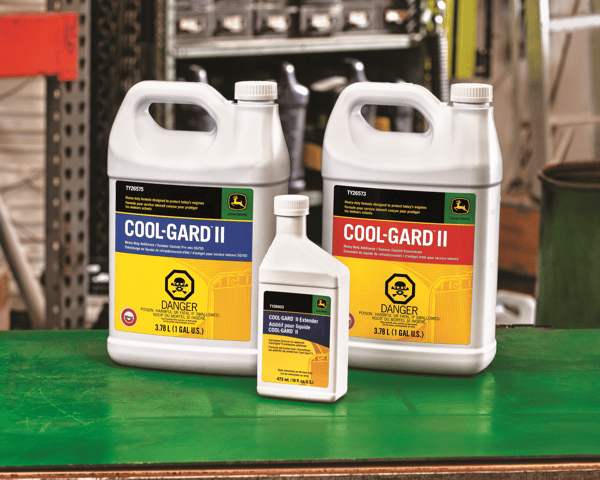
Engine coolant or antifreeze does more than keep your tractor from overheating in summer. It protects against freezing in the winter, which could lead to major problems like a cracked engine block. Invest in a tester and make sure your antifreeze lives up to its name. Minnesota Equipment carries coolant perfect for Minnesota’s less-than-tropical winter weather. For example, our long-lasting, ready-to-use Cool-Gard II Pre-Mix contains a 50/50 mix of concentrate and demineralized water to protect against freezing down to -34 degrees Fahrenheit. Cool-Gard II also protects against corrosion, extends water pump life and minimizes liner cavitation.
As always, if you have any questions or would like assistance with service, winterizing or other machinery maintenance, contact your friendly neighborhood John Deere experts at Minnesota Equipment.


 MyME
MyME

